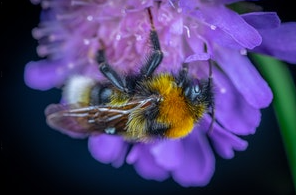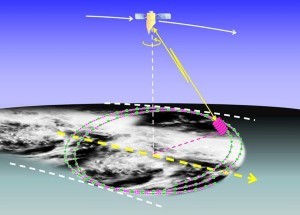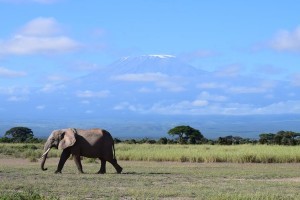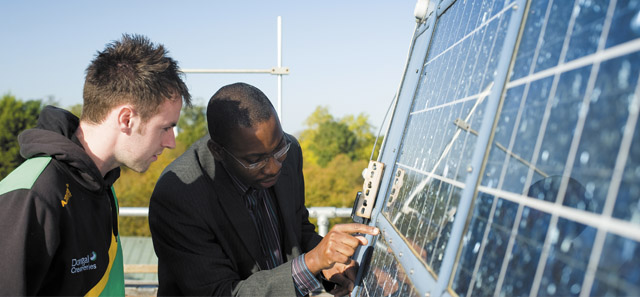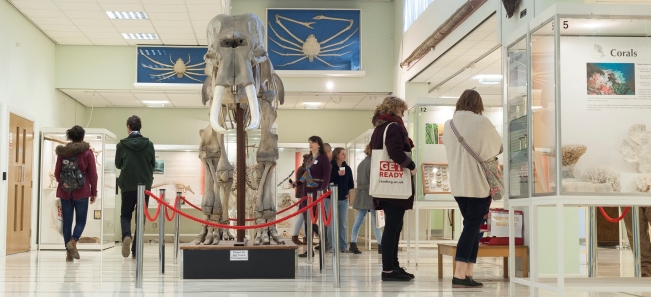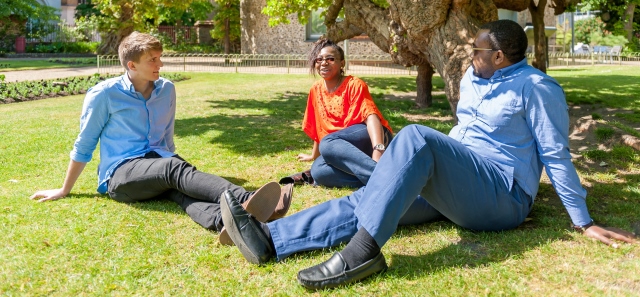Knowledge and solutions for a secure and sustainable society
The University of Reading is globally recognised as a world-leader in research on the environment.
At a time of unprecedented global change and pressures on our natural environment, our mission is to deliver the knowledge and solutions that are required to reduce and, where possible, reverse environmental damage, to build a more resilient society and to enable effective adaptation.
To achieve our ambitions, we conduct world-leading research across a wide breadth of environmental science, build new transdisciplinary solution-focused collaborations, and work with partners in business, government, and civil society to achieve positive impact.
Our priorities are to:
- Provide new understanding of fundamental processes shaping global environmental change including interactions with society.
- Expand the capacity and delivery of research and engagement to address the urgent demand for environmental solutions.
- Nurture an open research culture with high ambition which supports researchers at all career stages and from all backgrounds.


